Bringing Out the Giftedness in Your Child
Nurturing Every Child's Unique Strengths, Talents, and Potential
Editorial Review
Giftedness should extend far beyond a category or a label; it should certainly not be confined to a score or an IQ or achievement test. The test simplifies the recognition of some talents, but the complex potential of a child’s talents, sustained interests, and special aptitudes cannot be represented by performance on a limited number of questions in a fixed period of time. To rely on achievement test scores to determine giftedness is to say, in effect, that people are gifted because they are good at giving the right answers in the areas the examiners decided are important. Reliance on achievement tests makes it easy to standardize the kinds of talents that are valued. Whatever their original intent, the tests seem to say: if we cannot measure it, it doesn’t matter. So, our definition of giftedness is more demanding, but it’s much more accurate: giftedness is the potential for creative accomplishment over a sustained period of time in a number of different possible fields.
Books on Related Topics
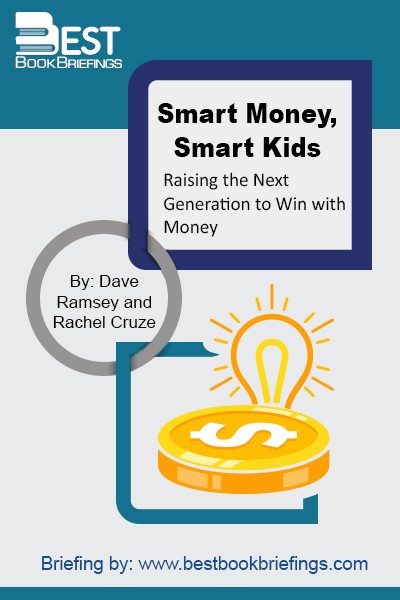
There are two distinct extremes when it comes to parenting. First, there are the straight-laced, locked-down, rule-setting, control-freak parents who try to force their kids into a tight little box where they have no opportunities to make any decisions on their own. Some of these kids grow up, run off to
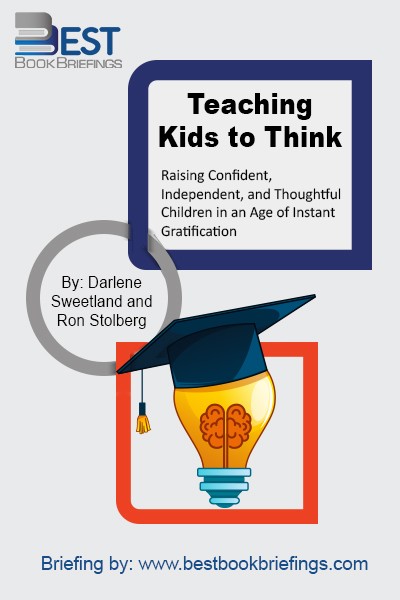
In Teaching Kids to Think, Dr. Darlene Sweetland and Dr. Ron Stolberg offer insight into the social, emotional, and neurological challenges unique to this generation. They identify the five parent traps that cause adults to unknowingly increase their children's need for instant gratification, and offer practical tips and easy-to-implement solutions to
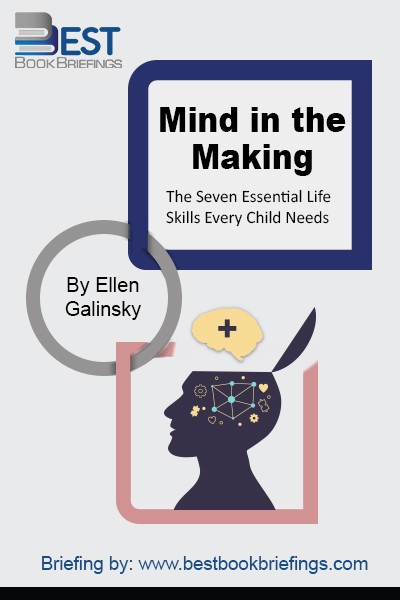
Life today can be complex, distracting, fast moving, 24-7, and stressful. It is also joyful and full of exciting possibilities. We know that if it is this way for us, it is only going to be more so for our children. We all want the best for our children, but how

The average American child spends only four to seven minutes a day outdoors. Those same children devote more than seven hours daily to staring at screens, replacing reality with virtual alternatives. Most boys rack up more than 10,000 gaming hours before the age of twenty-one. Children can now recognize greater than

Children are not that different from adults. They want clear and realistic goals, expectations for their futures, and systems that will allow them to arrive at those goals feeling fulfilled and stronger. They also want a voice in setting those goals and expectations for their futures. When children go to a
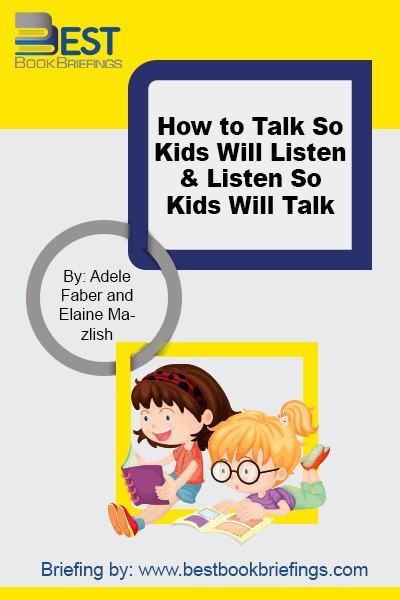
Here is the bestselling book that will give you the know-how you need to be effective with your children. Enthusiastically praised by parents and professionals around the world, the down--to--earth, respectful approach of Faber and Mazlish makes relationships with children of all ages less stressful and more rewarding. Recently revised and

Sparks—when illuminated and nurtured—give young people joy, energy, and direction. They have the power to change a young person’s life from one of “surviving” to “thriving.” Grounded in new research with thousands of teenagers and parents, Sparks offers a step-by-step approach to helping teenagers discover their unique gifts, and works for
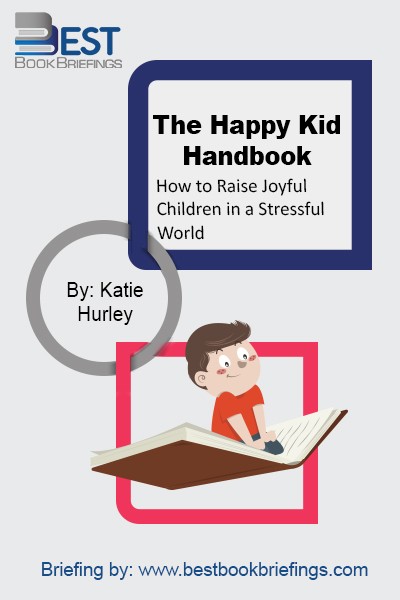
It seems everyone has a different method for dealing with the madness. Attachment parenting, free-range parenting, mindful parenting—who is to say one is more right or better for one’s child than another? How do you choose? The truth is that whatever drumbeat you march to, all parents would agree that we
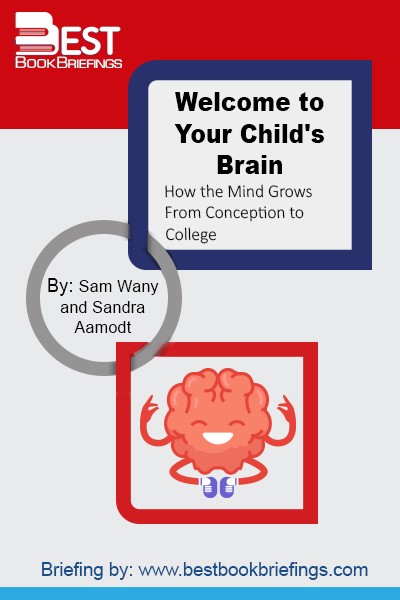
How children think is one of the most enduring mysteries—and difficulties—of parenthood. The marketplace is full of gadgets and tools that claim to make your child smarter, happier, or learn languages faster, all built on the premise that manufacturers know something about your child's brain that you don't. These products are
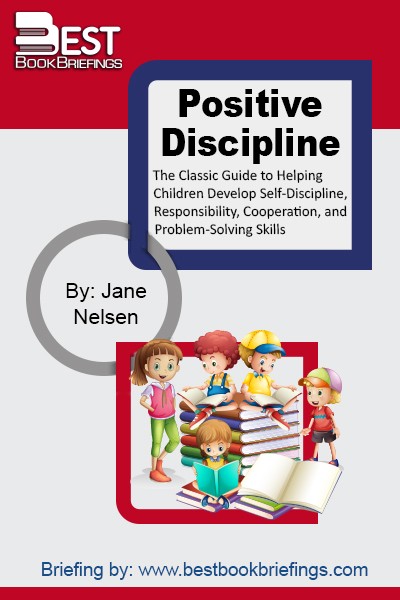
If you are a teacher, have you been teaching long enough to remember when children sat in neat rows and obediently did what they were told? If you are a parent, do you remember when children wouldn't dare talk back to their parents? Maybe you don't, but perhaps your grandparents do.
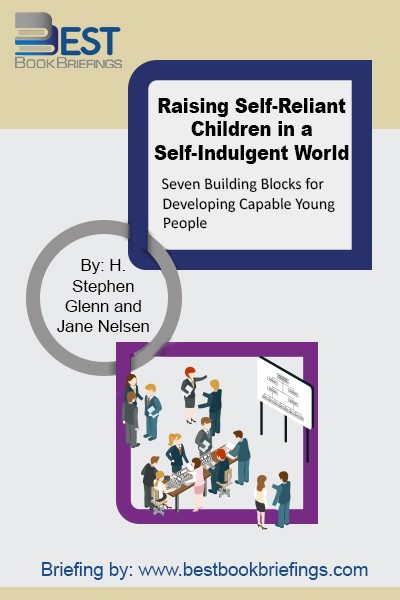
By many standards, the world is a much better today than it was forty years ago. Still, in the past, we could assume that children growing up, if they survived physically, would be equipped with the capabilities to act in their own behalf and pursue opportunities as adults. Today, when the

Self-Reg will show you where to stand: how to bring your child’s behavior into focus, respond to your child’s needs, and help your child help himself. It will strengthen your relationships. This is not about getting your child to “behave”-to stop doing or saying things that irritate you or others or



